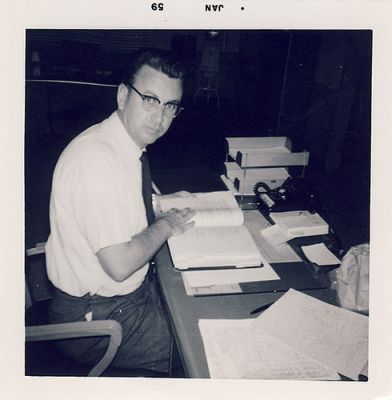 What a blessing it is to go to a doctor who’s a skilled listener.
What a blessing it is to go to a doctor who’s a skilled listener.
As the inhabitant and owner of a highly sensitive body, I’ve amassed a great volume of wisdom about my own self. Because the mainstream medical profession has shown a consistent lack of interest in the valuable database I carry around about me and my body, I tend to seek help from the kinder, gentler types of healers, like naturopaths.
In my experience, the most effective healers listen first. They know they’re starting from scratch, they want the full update, and they know I’ve got it. No one wants to feel like they’re superfluous to their own medical treatment – just another tick mark on the mighty doctor’s daily to-do list.
When Rita Charon, a medical doctor, noticed a connection between healing and storytelling, she explored, researched, and eventually coined the term “medical narrative” to describe the profoundly positive benefits to patients when they’re allowed to tell their own stories to doctors who know how to listen.
Charon took the time to study literature and creative writing, to the point of getting another Ph.D., then went on to found The Program in Narrative Medicine at Columbia University, which trains doctors to add listening to their healing skills.
The narrative medicine movement continues to spread – maybe even to a doctor near you. Ask around. There might be someone out there who wants to help you by hearing your story.
“Narrative Medicine fortifies clinical practice with the narrative competence to recognize, absorb, metabolize, interpret, and be moved by the stories of illness.”
~ From The Program in Narrative Medicine’s Mission Statement
Further Resources
I first learned about Rita Charon and narrative medicine from this lovely article: “Story Telling and Healing,” by Heinz Insu Fenkl.
Rita Charon wrote a book called Narrative Medicine: Honoring the Stories of Illness .
.
The Scientific American published an article about Charon and her work in May of 2005: “When Medicine Meets Literature.”
The New York University School of Medicine medical humanities website includes their Literature, Arts, and Medicine blog and database of resources.
Flickr photo: sitting, emdot.
Related reading: Self-Care Basics, Herbal Pharmacy
 Old maps. School supplies. Little white bowls. Graph paper. Wooden boxes. Libraries. Blank journals. Archives. Old cigar boxes. Index cards. Pencil stubs. Faded handwritten letters. Office supply stores. New erasers. Fountain pens. Air-mail envelopes. Rolodex files. Plain thumbtacks. Tins.
Old maps. School supplies. Little white bowls. Graph paper. Wooden boxes. Libraries. Blank journals. Archives. Old cigar boxes. Index cards. Pencil stubs. Faded handwritten letters. Office supply stores. New erasers. Fountain pens. Air-mail envelopes. Rolodex files. Plain thumbtacks. Tins. I don’t care if you haven’t been out of the house in a year. I don’t care if you’re addicted to alcohol, co-dependence, cheese, or heroin. I don’t care if you’re the poster child for pitifulness. All of that is about the lessons you already know you need to learn. It’s old news.
I don’t care if you haven’t been out of the house in a year. I don’t care if you’re addicted to alcohol, co-dependence, cheese, or heroin. I don’t care if you’re the poster child for pitifulness. All of that is about the lessons you already know you need to learn. It’s old news. Do you live in the house, the town, the landscape, the country that makes your heart sing? When you daydream about the place that feels the most like home in every way, where are you?
Do you live in the house, the town, the landscape, the country that makes your heart sing? When you daydream about the place that feels the most like home in every way, where are you? What a blessing it is to go to a doctor who’s a skilled listener.
What a blessing it is to go to a doctor who’s a skilled listener.